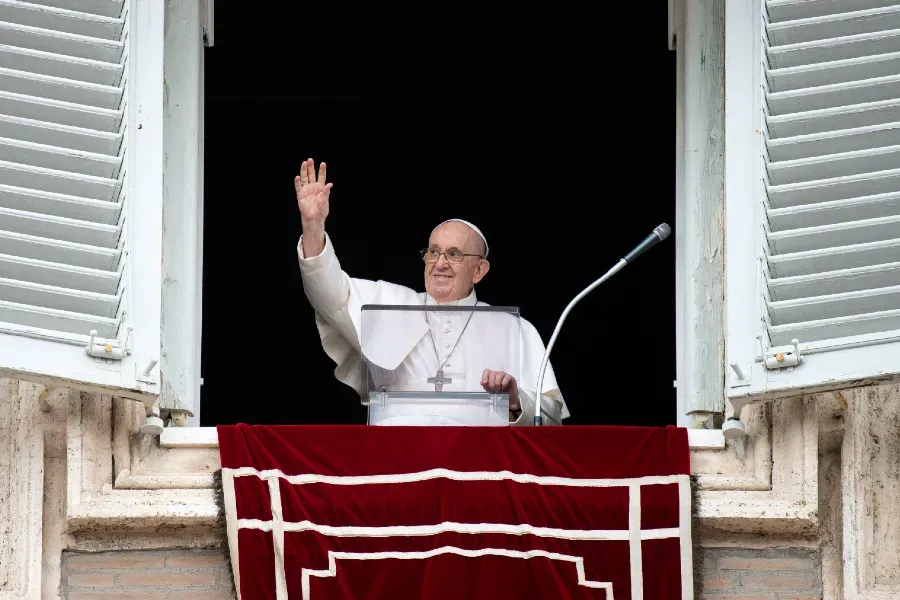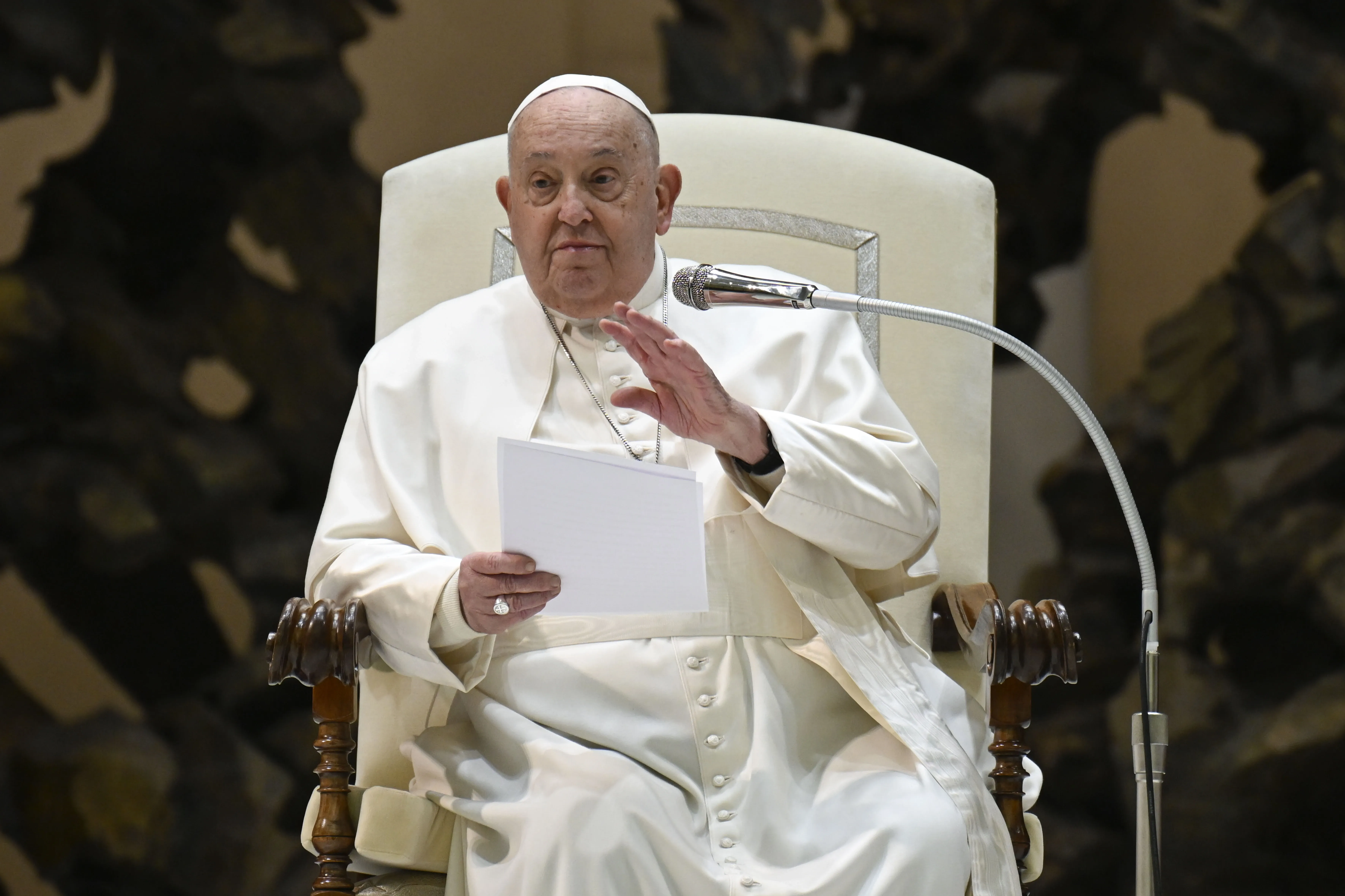“These words,” he stated, “sound harsh and incomprehensible to the ears of the people, so much so that, from that moment, many of His disciples turn back; that is, they stop following the Master.”
Even today the revelation of Jesus’ humanity, and the fact that the Eucharist is Jesus’ Body and Blood, can cause scandal, he said. It is something difficult for people to accept, he added, explaining that this is what Saint Paul calls the ‘folly’ of the Gospel in the face of those who seek miracles or worldly wisdom.”
“What sense can there be, in the eyes of the world, in kneeling before a piece of bread? Why on earth should someone be nourished assiduously with this bread?” he said.
According to Pope Francis, we should be surprised if the words of Jesus Christ do not throw us into crisis, “because we might have watered down His message,” he stated.
He also urged Catholics not to seek God in “dreams and in images of grandeur and power,” but to recognize him in the humanity of Jesus and in the humanity of other people.
“God made Himself flesh and blood: He lowered himself to the point of becoming a man like us,” the pope said. “He humbled Himself to the extent of burdening Himself with our sufferings and sin, and therefore He asks us to not seek Him outside life and history, but in relationship with Christ and with our brothers and sisters.”
He recalled that Catholics, during the recitation of the Nicene Creed at Mass on Christmas and the Annunciation, kneel during the words stating Jesus was made incarnate and became man.
Francis closed his Sunday message by encouraging Catholics to ask for the grace to be provoked and converted by Jesus’ “words of eternal life.”
“May Mary Most Holy, who bore her Son Jesus in the flesh and joined herself to His sacrifice, help us to always bear witness to our faith in our real lives,” he said.
After praying the Angelus, a traditional Marian prayer, Pope Francis greeted various groups present in St. Peter’s Square, including the priests and seminarians of the Pontifical North American College, a major seminary in Rome for seminarians of the United States and other countries.








